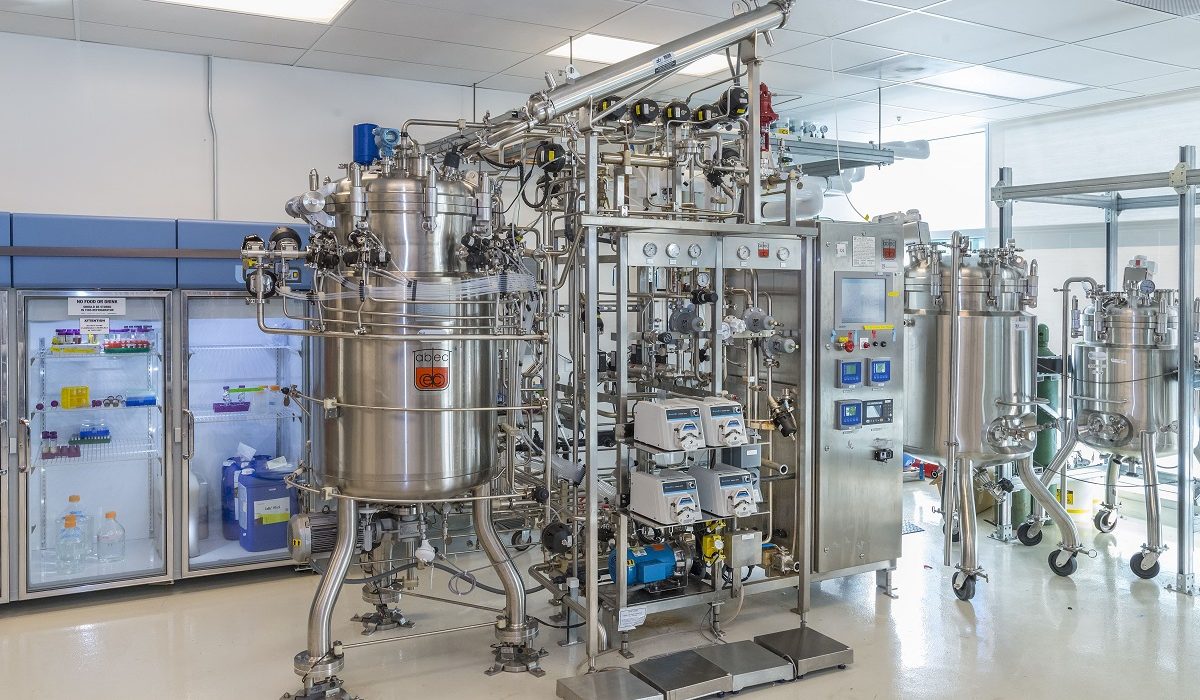In a landmark study published in the journal Fuel, researchers from Baylor University’s Cornerstone Atomization and Combustion Lab (CAC) proposed a unique strategy for biofuel combustion efficiency. Using a new Swirl Burst (SB) injector, the team has successfully proved the capacity to burn glycerol/methanol mixes with nearly no emissions. This ground-breaking technology promises to set a new benchmark for sustainable energy solutions, particularly for fuels that have historically been difficult to combust due to their high viscosity.
Transforming Waste into Clean Energy
Lead author Lulin Jiang, Ph.D., senior investigator at the CAC Lab and assistant professor of mechanical engineering at Baylor, stressed the importance of this study in the context of energy generation. “The current research demonstrates how viscous bio-waste can be transformed into clean energy by Baylor combustion technology,” Jiang said, emphasizing the dual benefits of waste reduction and energy creation.
The SB injector’s unusual design allows it to easily combust glycerol, a frequent byproduct of biodiesel synthesis that has previously proved difficult to burn due to its high viscosity. This advancement not only improves the viability of glycerol as a fuel source but also solves a fundamental concern within the biofuel industry—reducing dependency.
Implications for the Biofuel Industry
This study is significant not only for academia but also for the biofuel industry and its economic landscape. Conventional fuel injectors frequently struggle with high-viscosity fuels such as glycerol, resulting in inefficient combustion processes and significant emissions of hazardous pollutants like carbon monoxide (CO) and nitrogen oxides (NOx). However, the SB injector overcomes these obstacles without the use of expensive preheating or further processing.
Jiang highlighted that the SB injector’s capacity to produce a thorough and clean burn by generating small droplets resulted in much fewer emissions. The study shows that combustion efficiencies exceed 90% across several glycerol/methanol blends, including a surprising 100% combustion efficiency for a 50/50 glycerol to methanol blend. This efficiency is especially significant because it was obtained even in non-preheated and uninsulated combustion systems.
Promoting the Circular Economy
One of the primary advantages of this unique technology is its ability to promote a circular economy in the biofuel sector. Jiang pointed out that biodiesel companies may now turn glycerol waste into a viable fuel source, decreasing waste while simultaneously producing a sustainable energy stream. “Being able to transform waste, such as waste glycerol, into cost-effective renewable energy promotes energy resilience and energy equity for economically disadvantaged groups in a changing climate,” she went on:
The SB injector’s adaptability also enables the combustion of varied glycerol/methanol ratios without requiring hardware adjustments. This versatility makes the technology a perfect alternative for power plants looking to fulfill more rigorous emissions requirements. Energy companies can improve efficiency and compliance by using a range of glycerol/methanol mixtures.
Testing and Results for Fuel Blends
The research team conducted comprehensive testing of several gasoline mixes, with a focus on glycerol/methanol ratios of 50/50, 60/40, and 70/30. They tested these mixtures at various atomizing air-to-liquid mass ratios (ALRs). The results were excellent, with all mixes reaching combustion efficiency above 90%. Given the difficulties connected with high-viscosity fuels, the 50/50 blend’s complete combustion is especially noteworthy.
This novel method is a significant improvement over traditional air-blast or pressure-swirl injectors, which frequently produce higher emissions when used with high-viscosity fuels. Jiang remarked that the SB injector’s demonstrated high viscosity tolerance and fuel flexibility indicates its potential to directly use waste glycerol, as well as other viscous source oils of biodiesel and waste-based bio-oils, for energy generation. This might significantly reduce biofuel costs, allowing for wider use and uptake.
Environmental Impact and Future Prospects
The environmental ramifications of this discovery are significant. This technique, which allows for the efficient combustion of biofuels with near-zero emissions, has the potential to drastically reduce the biodiesel industry’s environmental effect. The capacity to transform waste glycerol into renewable energy helps with trash management while also minimizing the carbon footprint associated with electricity generation.
Jiang’s research is consistent with a larger drive toward sustainable energy solutions that prioritize both environmental health and economic viability. By converting garbage into clean energy, this technology exemplifies the principles of sustainable development, paving the path for a more robust and fair energy future.
NSF National I-Corps and Civic Innovation Challenge
Jiang and her colleagues contribute to the National Science Foundation’s National Innovation Corps (I-Corps™) program alongside their study. This effort focuses on the potential societal and economic effects of their innovative fuel-flexible combustion technology. Through participation in the I-Corps program, the researchers are preparing to broaden their emphasis outside the laboratory setting, with the goal of accelerating the commercialization of their findings for greater social benefit.
Furthermore, the team is working on a parallel NSF project in collaboration with the City of Waco, which focuses on developing climate-smart waste energy solutions. This effort addresses fuel burning at the Waco Landfill, with the goal of lowering methane emissions and other air pollutants while also converting waste into clean energy. Their efforts have been recognized, propelling them to the next round of the NSF Civic Innovation Challenge, where they will earn a $1 million pilot project grant.
Conclusion
The research being conducted at Baylor University’s CAC Lab represents a significant advancement in the realm of biofuels. Researchers are solving crucial difficulties in the combustion of high-viscosity fuels by leveraging breakthrough technologies such as the Swirl Burst injector, as well as contributing to the development of sustainable energy solutions. The potential for converting glycerol waste into a cost-effective renewable energy source is precisely aligned with the global necessity to shift to cleaner energy systems, highlighting the critical role of research in crafting a sustainable future.

